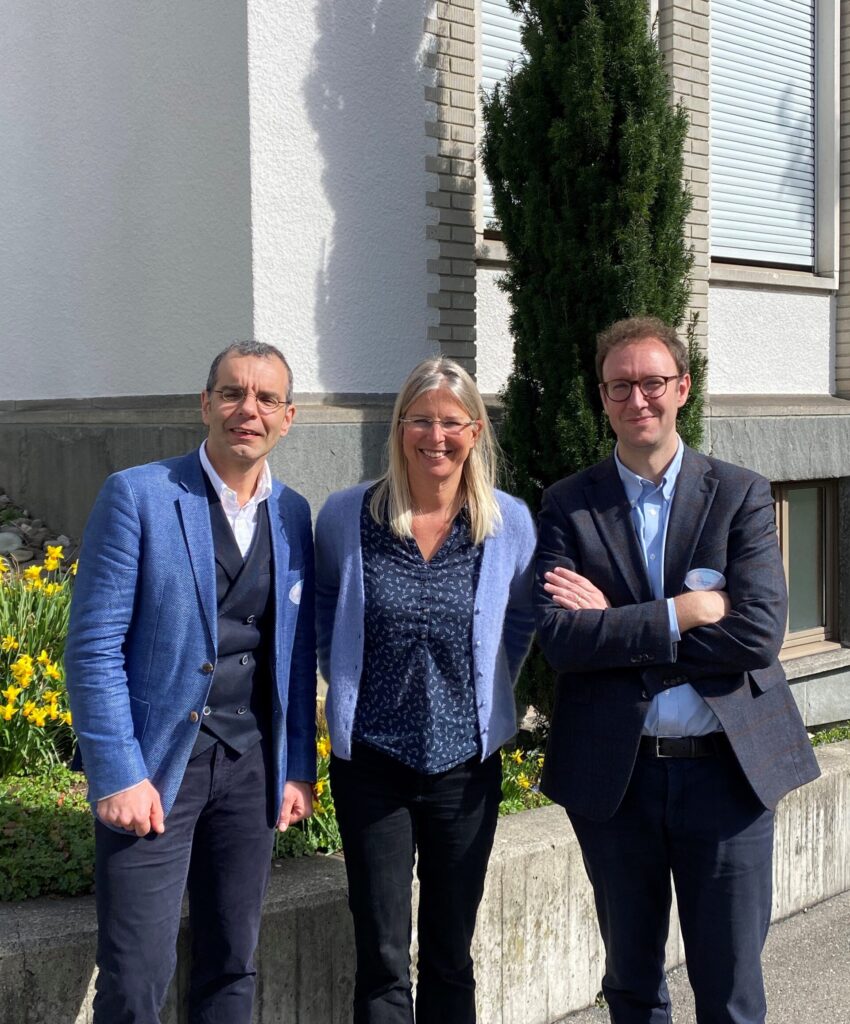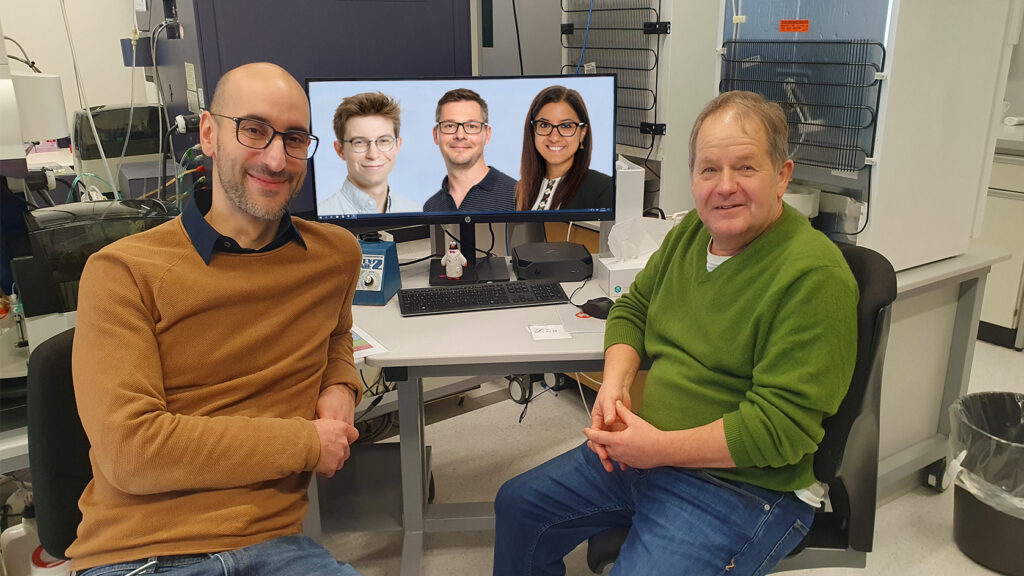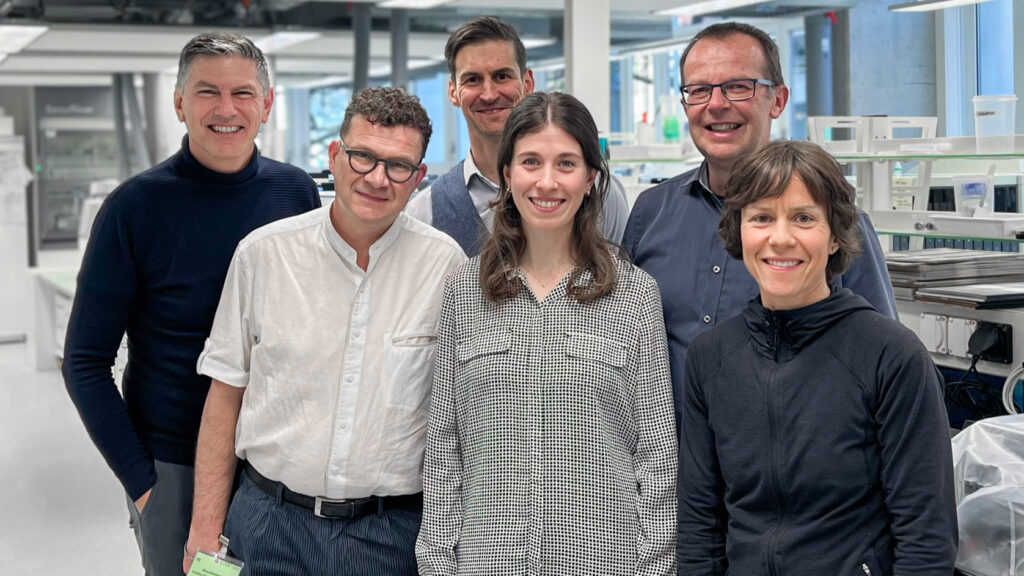Quantitative Biomedicine
The Bodenmiller group develops and applies methods to analyse human tissues spatially and at the single cell level, and to understand disease states. In particular, they study cancer tissue to make discoveries that could improve treatment.
Medical Immunology
The Sallusto lab is focused on the understanding of the mechanisms that control T cell priming and regulate cytokine production and homing capacities. These questions are addressed primarily in the human system, where they combine the ex vivo analysis of memory T cell subsets with in vitro priming of naive T cells.
Translational Neuromodeling
The Translational Neuromodeling Unit is an interdisciplinary institution with the mission to translate advances in computational neuroscience into tools for clinical practice. The TNU assembles computational scientists and clinicians under one roof and operates a dedicated research clinic for evaluating the diagnostic and prognostic utility of computational assays in prospective patient studies.
Leukemia and Lymphoma
The Experimental hematology lab is focused on haematopoietic and immune system development, homeostasis and function, as well as on hemato-lymphoid disease. They aim to gain basic knowledge and to provoke practical new strategies for clinical intervention in states of infection, immunodeficiency, autoimmunity, malignancy, and transplantation of hematopoietic cells.
Molecular Oncology
The Aceto group is interested in understanding the fundamental molecular mechanisms that drive cancer and its metastatic progression, with a particular focus on the analysis of circulating tumor cells.
Tumor Immunotherapies

The Binder lab is studying the adaptive immune system to understand B and T cell biology in health and disease. They are especially interested in immune repertoires and focus on immunotherapy of solid tumors as well as the biology and targeting of lymphoma.
Pharmacogenomics
The overall goals of Prof. Detmar’s ongoing research are to identify and to characterize molecular targets controlling inflammatory and tumor angiogenesis and lymphangiogenesis.
Regulatory T-cells as tumor-promoting cellular partners and potential therapeutic targets in diffuse large B-cell lymphoma

Diffuse large B-cell lymphoma (DLBCL) is an aggressive malignancy of the mature B-cell that can affect both lymphoid and nonlymphoid organs. Since targeted treatments beyond monoclonal antibodies and CAR T-cells are in clinical development but not yet approved, DLBCL remains fatal in a third of patients. Many DLBCLs are infiltrated by large numbers of regulatory […]
Exploring the potential of targeting IL-21/IL-21R signaling to eliminate human acute myeloid leukemia stem cells

Leukemia stem cells (LSCs) are the origin of any myeloid leukemia and are thought to reside at the top of the leukemic hierarchy. LSCs are often resistant against standard treatment and against immune control due to various escape mechanisms. Therefore, they represent a major obstacle for the cure of leukemia. To develop new therapeutic strategies, […]
Overcoming the challenge of T-cell lymphoma treatment by safe and efficacious anti-CD30 radioimmunotherapy with β-particle and ultra-short range Auger and conversion electron emitting radionuclides

Despite new therapeutic advances, aggressive T-cell lymphoma in the relapsed setting generally have unfavorable prognosis with short overall survival. Since the biology of rare T-cell lymphomas is relatively poorly understood compared to B-cell lymphomas, treatment options remain limited and unchanged for many years. Systemic radionuclide therapy uses radiopharmaceuticals that specifically target disseminated cancer cells and […]

